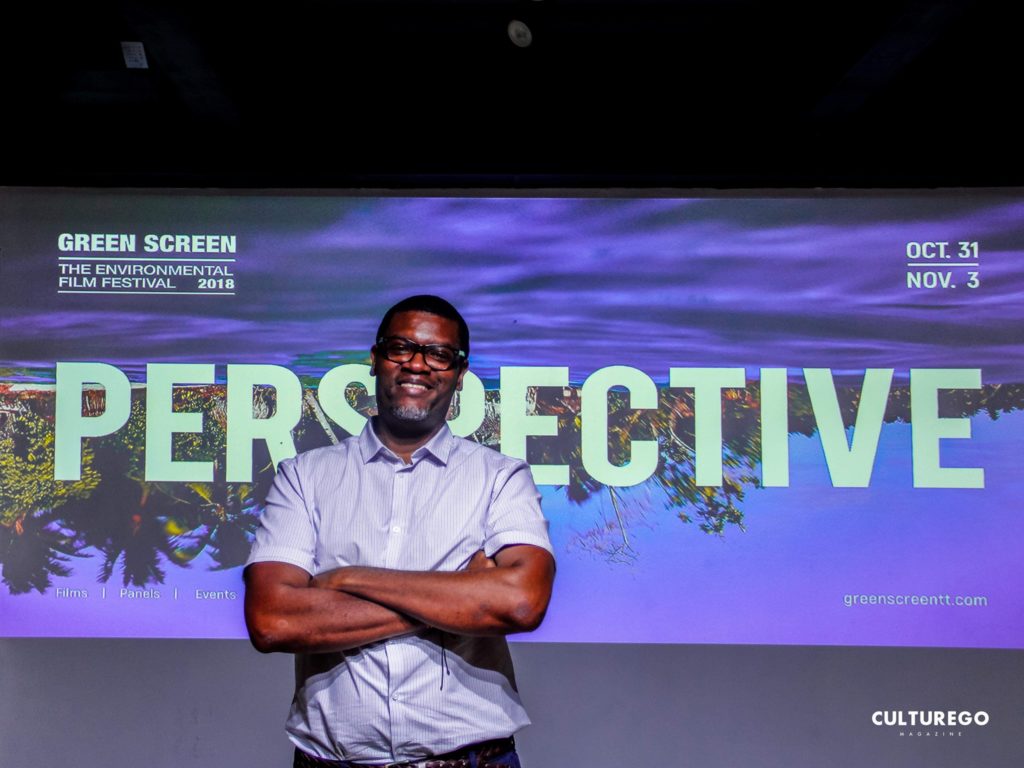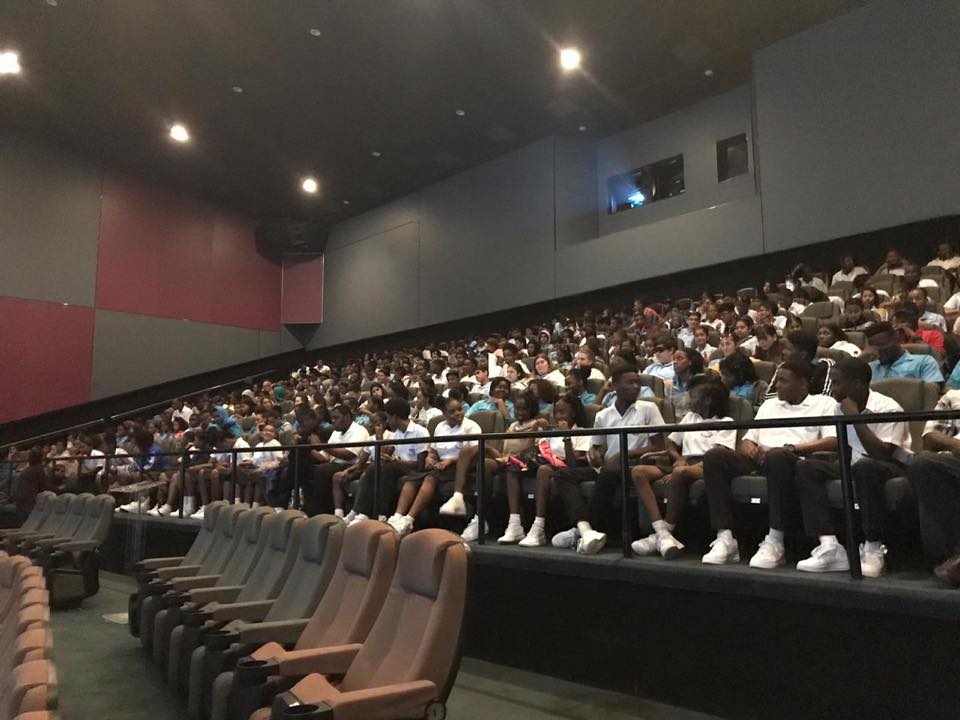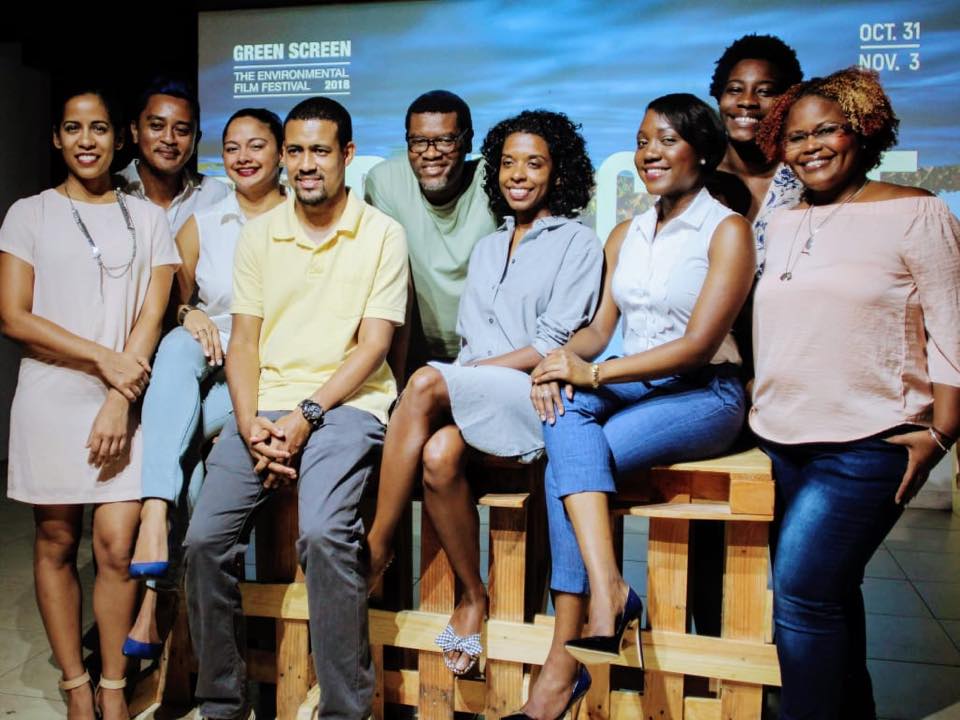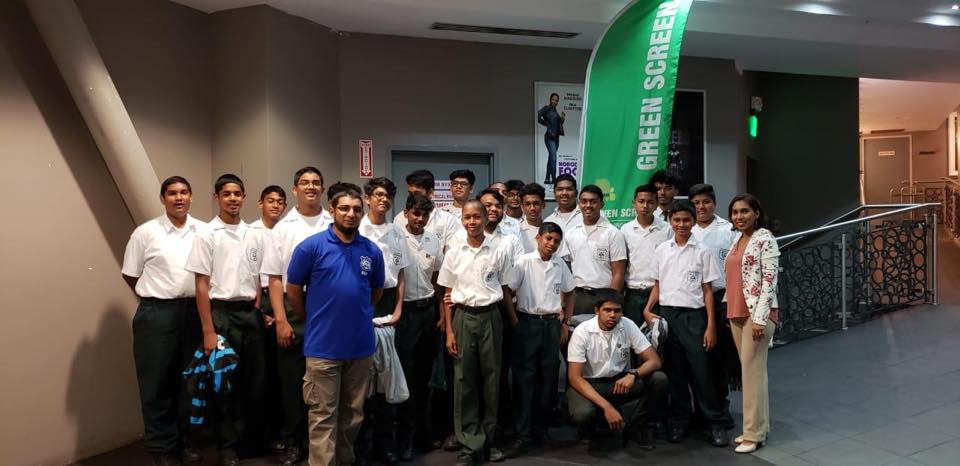
Art is a part of who we are as Caribbean people. It’s present in the way we relate to each other, express ourselves, and tell stories. Out of this truth came the annual Green Screen Environmental Film Festival.
The Festival is hosted by Sustain T&T, a Trinidad and Tobago-based environmental non-governmental organisation dedicated to education, information exchange, and community building around the idea of Sustainable Living, Development, and Industry.
The power of art
Caribbean Insight spoke with Carver Bacchus, the Founder and Director of Sustain T&T and the Festival and was delighted to learn that the festival’s origin was inspired by art, in the form of film.
“Film is a magical art form that can create a strong emotional connection between the audience and the issues explored on screen,” he shared. “In T&T we do not have a very strong environmental conscience but we felt that showing stories that can entertain and inform audiences might be a good way to build awareness and understanding of environmental issues while establishing some emotional connection between the audience and the issues.”

Each year, the festival features films that reflect our place in the world, even though they may feature stories from the other side of the globe. This year, it opened with Anote’s Ark, a story which follows the Former President of Kiribati, Anote Tong, who is pleading with the world community for help as his island nation home is threatened by sea level rise.
Bacchus encourages viewers to realise that these types of challenges are real and as a small island developing state T&T would benefit from some self reflection about our level of preparedness for what is happening now.
“Through films such as Anote’s Ark, we try to demonstrate our vulnerability and hope that it facilitates adaptation on the ground here. We must prepare. If we don’t we will have no one to blame but ourselves as the writing is on the wall.”
Engaging young people and the wider society
Indeed, the Festival has been achieving this goal year after year, since 2011, and it’s only getting better. With a steadily growing audience, it has also been successful in its High School Screening programme. This is one of the most flourishing elements of the festival, having engaged with over 25 schools and thousands of students over the years. Many of these students create their own environmental clubs or activities at school and some of them eventually move on to study environmental issues and work in the sector.
“The biggest milestone came this year with the introduction of the Very Short Shorts Mobile Film Competition which opened up the festival to a wide range of filmmakers and helped to expand our audience significantly while curating home-grown short form film content,” Bacchus proudly revealed.

Using just a smartphone and their creativity, participants from across the country whipped up high-quality videos to share the message of climate action. This year, there were 50 submissions and the organisers are looking forward to receiving significantly more submissions in 2019. “Increasing the number of local film selections in the festival also helps to expand our audience and get them more invested in the festival itself.”
Developing avenues for creative environmental advocacy
A major goal is to become the main platform for environmental outreach in the Caribbean, a space where cross-disciplinary thinking can happen and the exchange of ideas is fostered, so together we develop solutions to our environmental and social challenges.
Tapping into the creativity or our people, the Festival is able to harness mass media to transmit narratives related to sustainable living and the climate change agenda, increasing knowledge of environmental issues. This is vital, because according to Bacchus, lack of awareness is a big problem in T&T. Although not directly an environmental issue, he sees it as a challenge which leads to all the other environmental problems we face, hindering progress toward sustainability.
“The average citizen, regardless of socioeconomic background or education, fails to see the connection between our behaviour and the state of our environment. If for example, we took the time and set up the infrastructure of course, to separate our recyclable waste for organic waste and other materials, it would make it easier to manage our flooding problems. But with millions of plastic bottles improperly disposed of annually we are surprised by the floods, even though we know our water courses are clogged.”

With a vision and passion for seeing T&T achieve its mission of diversification, Bacchus believes in the power of the the creative sector as a tool for reaching that goal and for removing the obstacle of ignorance.
“Local Filmmakers, Animators and Behaviour change leaders need a space to showcase their work and generate new business and we hope that in the medium term that our festival can provide a useful platform for them,” Carver expressed.
Trinidad and Tobago needs a culture change if we are to witness real alterations in treatment of the environment. Through one of our most recognisable characteristics as Caribbean people – our storytelling – the Festival has the potential to affect this change. In the words of Carver Bacchus, “Film is art and it facilitates behaviour change. We see access to information and building a community of people around the issue of environmental education as key to making lasting impacts, particularly among our younger audience.”
Certainly, film has a uniquely powerful ubiquity within human culture. When used wisely, it can evoke positive social change. It is inspiring to see the path the Green Screen Environmental Film Festival is making for young people to follow in the area of environmental advocacy through the arts.
